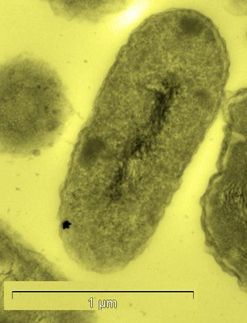UCB receives CHMP positive opinion on Keppra for infants and young children with partial-onset epilepsy
European marketing approval recommended for Keppra (levetiracetam) as adjunctive treatment of partial-onset seizures in infants and young children aged one month to under four years
Advertisement
UCB announced that the Committee for Medicinal Products for Human Use (CHMP) of the European Medicines Agency (EMEA) has issued a positive opinion recommending that the European Commission grant marketing authorisation for Keppra® as adjunctive treatment of partial-onset seizures in infants and young children aged one month to under four years.
The CHMP decision is based on the results of a Phase III, double-blind, randomised, multi-centre, placebo-controlled study evaluating the efficacy and tolerability of Keppra® oral solution (20-50 mg/kg/day) in 116 paediatric patients with refractory partial-onset seizures, aged from one month to under four years. Infants and children in this study were experiencing partial-onset seizures with or without secondary generalisation that were inadequately controlled despite treatment with one or two other antiepileptic drugs.
"This is the first well-controlled study providing information on the efficacy and tolerability of levetiracetam in infants and young children with inadequately controlled partial-onset seizures. The results of this study suggest that levetiracetam will be a valuable new treatment option in very young patients with partial-onset epilepsy." said Associate Professor Jesus Eric Pina-Garza, Children's Hospital at Vanderbilt, Nashville, Tennessee, U.S.
In this clinical trial Keppra® was shown to significantly reduce the frequency of partial-onset seizures with 43.1% of Keppra®-treated patients experiencing at least a 50% reduction in seizure frequency during the evaluation period (five days) compared with 19.6% of placebo-treated patients (p=0.013). Keppra® was generally well-tolerated in this paediatric population. The most commonly reported treatment-emergent adverse events (>5%) that occurred more frequently in the Keppra® group were somnolence (13.3% vs. 1.8% for placebo) and irritability (11.7% vs. 0% for placebo).























































